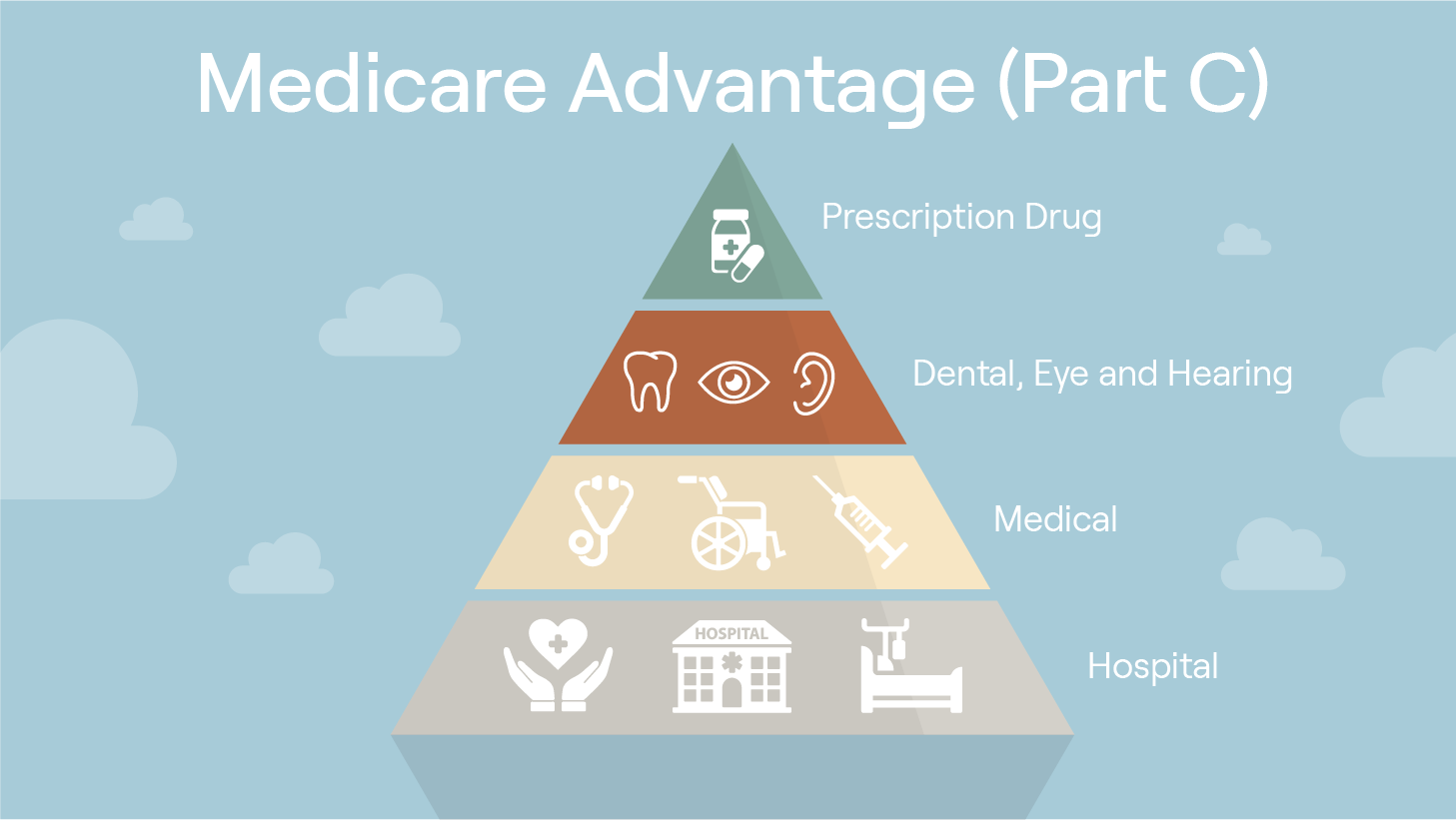What is the Best Treatment for Critical Illness?
Introduction
A critical illness can be a life-altering experience for individuals and their families. With the advances in medical technology and treatment options, there are many options available for those who have been diagnosed with a critical illness. In this article, we will discuss the best treatment options for critical illness.
Medical Treatment
Medical treatment is often the first line of defense for individuals with critical illness. Depending on the type of illness, treatment may include medication, surgery, chemotherapy, radiation therapy, or a combination of these treatments. Medical treatment is often necessary to manage symptoms, prevent complications, and improve quality of life.
Alternative Treatments
Alternative treatments can be used in conjunction with medical treatment to provide additional support and improve overall well-being. These treatments may include acupuncture, massage therapy, meditation, and nutritional therapy. While there is limited scientific evidence to support the efficacy of these treatments, they may be helpful in reducing stress, improving mood, and enhancing overall quality of life.
Supportive Care
Supportive care is an essential component of critical illness treatment. This type of care may include pain management, symptom management, and emotional support. Supportive care can be provided by healthcare professionals, family members, and community organizations to ensure that individuals with critical illness have the resources they need to manage their illness.
Palliative Care
Palliative care is a type of care that is focused on improving quality of life for individuals with serious illnesses. This type of care may be provided in conjunction with medical treatment or as a stand-alone service. Palliative care can help manage symptoms and improve overall well-being, regardless of the prognosis.
Conclusion
In conclusion, the best treatment for critical illness depends on the individual’s specific diagnosis and needs. Medical treatment, alternative treatments, supportive care, and palliative care can all play an important role in managing symptoms, improving quality of life, and enhancing overall well-being. Individuals with critical illness should work closely with their healthcare providers to develop a comprehensive treatment plan that addresses their unique needs and goals.
- Critical Illness Insurance: Understanding Coverage, Benefits, and Key Considerations
- Understanding Critical Illness Insurance: What is it and How Does it Work?
- Understanding the Symptoms of Critical Illness and How to Identify Them
- Future of the Affordable Care Act: What to Expect
- Medicare Insurance
Medicare Annual Enrollment Period 2025
The Medicare Annual Enrollment Period (AEP) for 2025 is a critical time for beneficiaries to review and adjust their Medicare coverage, running…
Medicare Advantage and the Nearing Annual Election Period
Medicare Advantage and the Nearing Annual Election Period Introduction Navigating Medicare can feel like trying to read a map written in a…
Understanding Medicare Advantage Plans
Understanding Medicare Advantage Plans Medicare Advantage plans have become a popular alternative for people who want more flexibility and comprehensive coverage…
Benefits of Medicare Advantage for Veterans
Veterans and Medicare Advantage plans represent a crucial intersection of health- care services designed to enhance the medical coverage available…
10 Essential Insurance Tips to Protect Your Future
1. Assess your insurance needs based on income, assets, and dependencies. 2. Understand policy types: life, health, auto, home, and…
ACA 2025 Open Enrollment
The ACA 2025 Open Enrollment Period represents a pivotal opportunity for individuals and families to obtain health insurance coverage under…
Medicare Annual Enrollment Period 2025
The Medicare Annual Enrollment Period (AEP) for 2025 is a critical time for beneficiaries to review and adjust their Medicare coverage, running…
Medicare Advantage and the Nearing Annual Election Period
Medicare Advantage and the Nearing Annual Election Period Introduction Navigating Medicare can feel like trying to read a map written in a…
Understanding Medicare Advantage Plans
Understanding Medicare Advantage Plans Medicare Advantage plans have become a popular alternative for people who want more flexibility and comprehensive coverage…
Benefits of Medicare Advantage for Veterans
Veterans and Medicare Advantage plans represent a crucial intersection of health- care services designed to enhance the medical coverage available…
10 Essential Insurance Tips to Protect Your Future
1. Assess your insurance needs based on income, assets, and dependencies. 2. Understand policy types: life, health, auto, home, and…
ACA 2025 Open Enrollment
The ACA 2025 Open Enrollment Period represents a pivotal opportunity for individuals and families to obtain health insurance coverage under…
Medicare Annual Enrollment Period 2025
The Medicare Annual Enrollment Period (AEP) for 2025 is a critical time for beneficiaries to review and adjust their Medicare coverage, running…
Medicare Advantage and the Nearing Annual Election Period
Medicare Advantage and the Nearing Annual Election Period Introduction Navigating Medicare can feel like trying to read a map written in a…
Understanding Medicare Advantage Plans
Understanding Medicare Advantage Plans Medicare Advantage plans have become a popular alternative for people who want more flexibility and comprehensive coverage…












